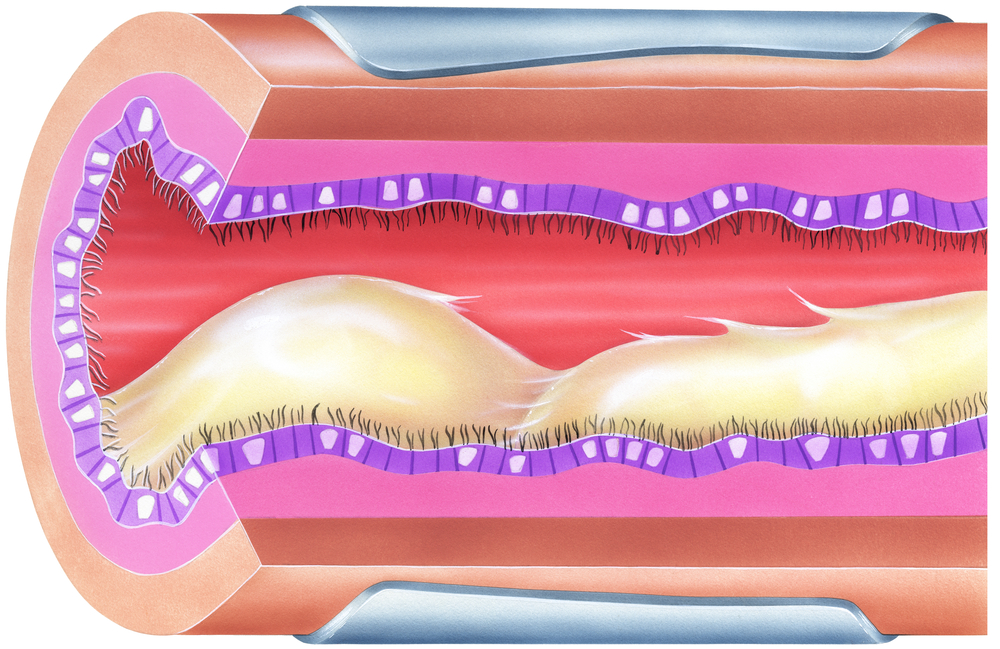Nasal congestion and inflammation can be frustrating symptoms that interfere with our daily lives. Fortunately, certain foods contain a natural enzyme called bromelain, which has shown promise in reducing these discomforts. In this article, we will explore the top five helpful pieces of information about the role of foods with bromelain, such as pineapple, in alleviating nasal congestion and inflammation. By understanding the benefits of bromelain and its potential in promoting respiratory health, we can explore natural remedies to complement conventional treatments.
1, Bromelain's anti-inflammatory properties.
Bromelain, a mixture of enzymes derived from pineapple, has been studied for its anti-inflammatory properties. It contains several proteolytic enzymes, including bromelainases, peroxidases, phosphatases, cellulases, and proteases, which contribute to its therapeutic effects.
Bromelain has been shown to inhibit the production of certain inflammatory mediators in the body, such as cytokines and prostaglandins. Cytokines are small proteins involved in cell signaling and play a crucial role in regulating inflammation. Prostaglandins are lipid compounds that promote inflammation and pain.
By inhibiting the production of these inflammatory compounds, bromelain can help reduce inflammation in various parts of the body, including the respiratory tract. This can be particularly beneficial for conditions like sinusitis and allergic rhinitis, which are characterized by nasal congestion and inflammation.
Research suggests that bromelain may help decrease nasal mucus production, improve breathing, and relieve symptoms associated with sinusitis and allergic rhinitis. It may also have a mucolytic effect, meaning it can help break down and thin mucus, making it easier to clear from the airways.
However, it's important to note that while bromelain shows promise as a natural anti-inflammatory agent, more research is needed to fully understand its mechanisms of action and its effectiveness in different conditions. It's always recommended to consult with a healthcare professional before using bromelain or any other supplement for therapeutic purposes.
2, Thinning mucus and reducing congestion.
Bromelain has been reported to have mucolytic properties, meaning it can help break down and thin mucus. By reducing the thickness and viscosity of mucus, bromelain can help alleviate nasal congestion and improve breathing.
Nasal congestion occurs when the nasal passages become inflamed and excess mucus builds up, leading to a blocked or stuffy nose. This can be caused by various factors, including respiratory infections, allergies, sinusitis, or the common cold. Thick and sticky mucus can further contribute to congestion and discomfort.
Bromelain's mucolytic properties can help break down the proteins in mucus, making it less thick and sticky. This can make it easier for the body to expel mucus and promote drainage, which can provide relief from nasal congestion.
It's important to note that while bromelain may help in thinning mucus and reducing congestion, its effectiveness may vary depending on individual factors and the underlying cause of congestion. It's always recommended to consult with a healthcare professional for a proper diagnosis and appropriate treatment options for nasal congestion.
3, Sinusitis relief.
Bromelain has been studied for its potential in providing relief for sinusitis symptoms. Sinusitis is a condition characterized by inflammation of the sinus cavities, which can result in nasal congestion, facial pain, pressure, and other uncomfortable symptoms.
Research suggests that bromelain's anti-inflammatory properties can help reduce the inflammation associated with sinusitis. By inhibiting certain inflammatory compounds and enzymes in the body, bromelain may help decrease nasal swelling and alleviate symptoms of sinus congestion.
In addition to its anti-inflammatory effects, bromelain's mucolytic properties can help thin and break down mucus, making it easier for the body to expel and promoting sinus drainage. This can help relieve nasal congestion and alleviate the pressure and discomfort caused by sinusitis.
While studies on the effectiveness of bromelain specifically for sinusitis are limited, some clinical trials have shown promising results. However, it's important to note that individual responses to bromelain may vary, and it may not be equally effective for everyone. It's always recommended to consult with a healthcare professional for an accurate diagnosis and appropriate treatment options for sinusitis. They can provide personalized advice based on your specific condition and medical history.
4, Allergy management.
Bromelain's anti-inflammatory properties can be beneficial in managing symptoms of allergic rhinitis, commonly known as hay fever. Allergic rhinitis is an allergic reaction to specific allergens, such as pollen, dust mites, or pet dander, which leads to symptoms like nasal congestion, sneezing, and itching.
Bromelain's ability to inhibit certain inflammatory compounds in the body, such as cytokines and prostaglandins, can help reduce nasal swelling and inflammation associated with allergic rhinitis. By reducing inflammation in the nasal passages, bromelain can alleviate symptoms of congestion and improve breathing.
Additionally, bromelain's mucolytic properties can help thin mucus and promote its clearance, which can provide further relief from nasal congestion and associated symptoms.
While bromelain may help in managing allergic rhinitis symptoms, it's important to note that it may not address the underlying cause of allergies. Identifying and avoiding allergens, as well as using other allergy management strategies, such as antihistamines or nasal corticosteroids, may be necessary for comprehensive allergy management. It's always recommended to consult with a healthcare professional for a proper diagnosis and personalized treatment plan for allergic rhinitis.
5, Complementary approach.
While bromelain and bromelain-rich foods like pineapple may offer some benefits in managing nasal congestion and inflammation, it's crucial to understand that they should not be considered as a replacement for conventional medical treatments or professional advice.
It's always advisable to consult with a healthcare professional before relying solely on bromelain or any other natural remedy for managing nasal congestion or any medical condition. A healthcare provider can provide an accurate diagnosis, assess the severity of your symptoms, and recommend appropriate treatment options tailored to your specific needs.
Complementary approaches like incorporating bromelain-rich foods or supplements can be used in conjunction with conventional treatments as part of an overall management plan. It's important to follow the guidance and recommendations of healthcare professionals to ensure safe and effective management of nasal congestion and related conditions.
Remember, self-diagnosis and self-treatment without professional guidance may not lead to optimal outcomes and can potentially delay necessary medical interventions.
In conclusion, foods rich in bromelain, such as pineapple, offer a natural approach to reducing nasal congestion and inflammation. With its anti-inflammatory properties and ability to thin mucus, bromelain can provide relief for conditions like sinusitis and allergic rhinitis. However, it is important to note that bromelain should not replace medical treatments but rather be used as a complementary approach. If you suffer from nasal congestion and inflammation, consider incorporating bromelain-rich foods into your diet and consulting with a healthcare professional to determine the best course of action. With the right combination of treatments, you can find relief and improve your respiratory health.
:max_bytes(150000):strip_icc()/bromelain-what-should-you-know-about-it-88318-FINAL-564be4a1e33b4ffb9d45bf35592409f2.png)




Comments
Post a Comment